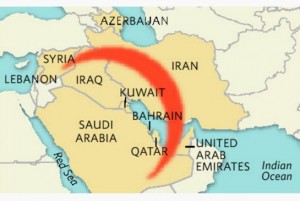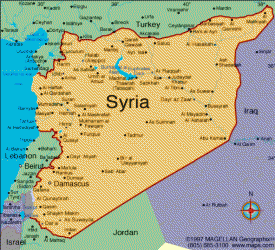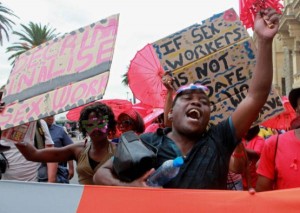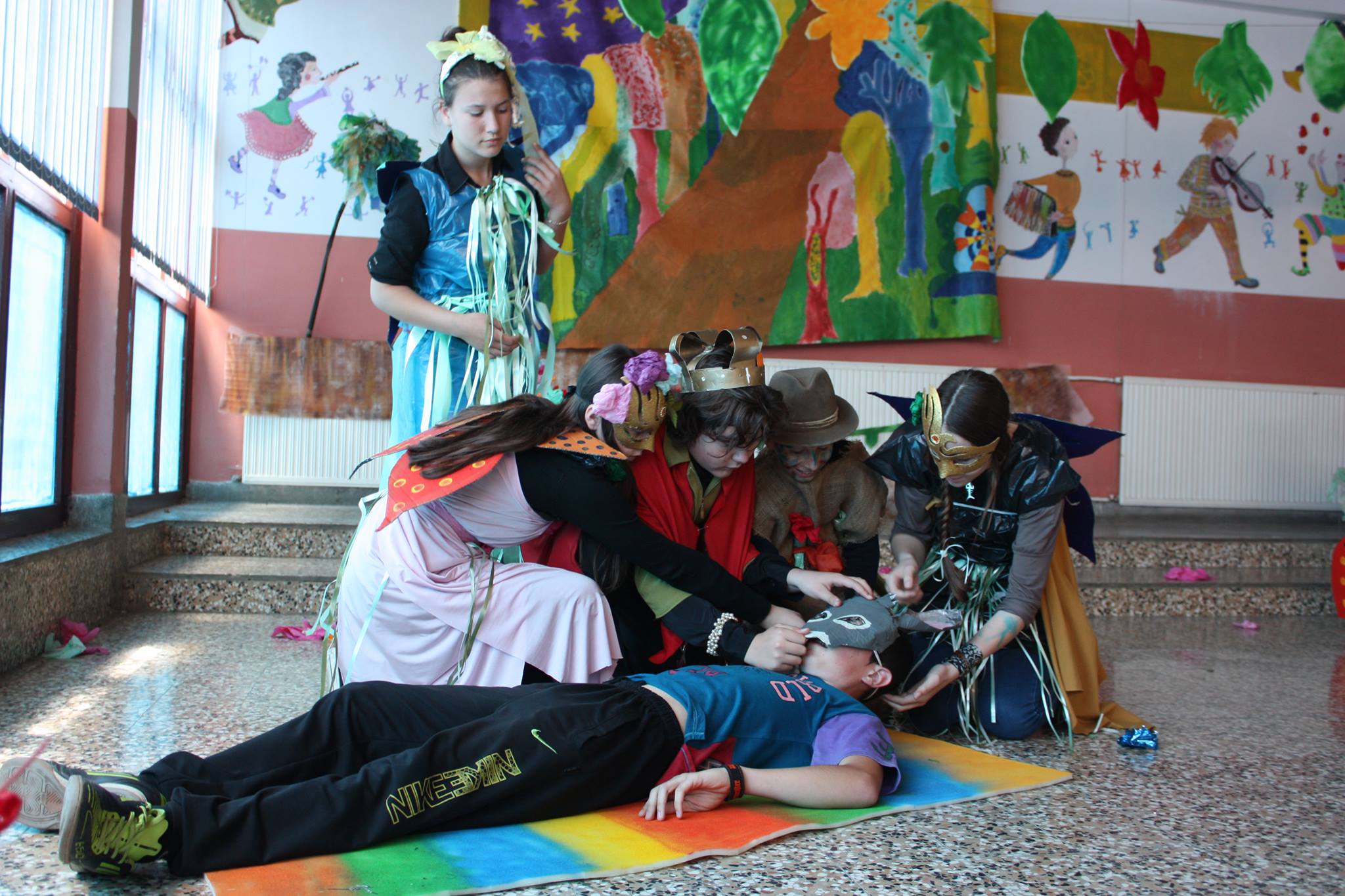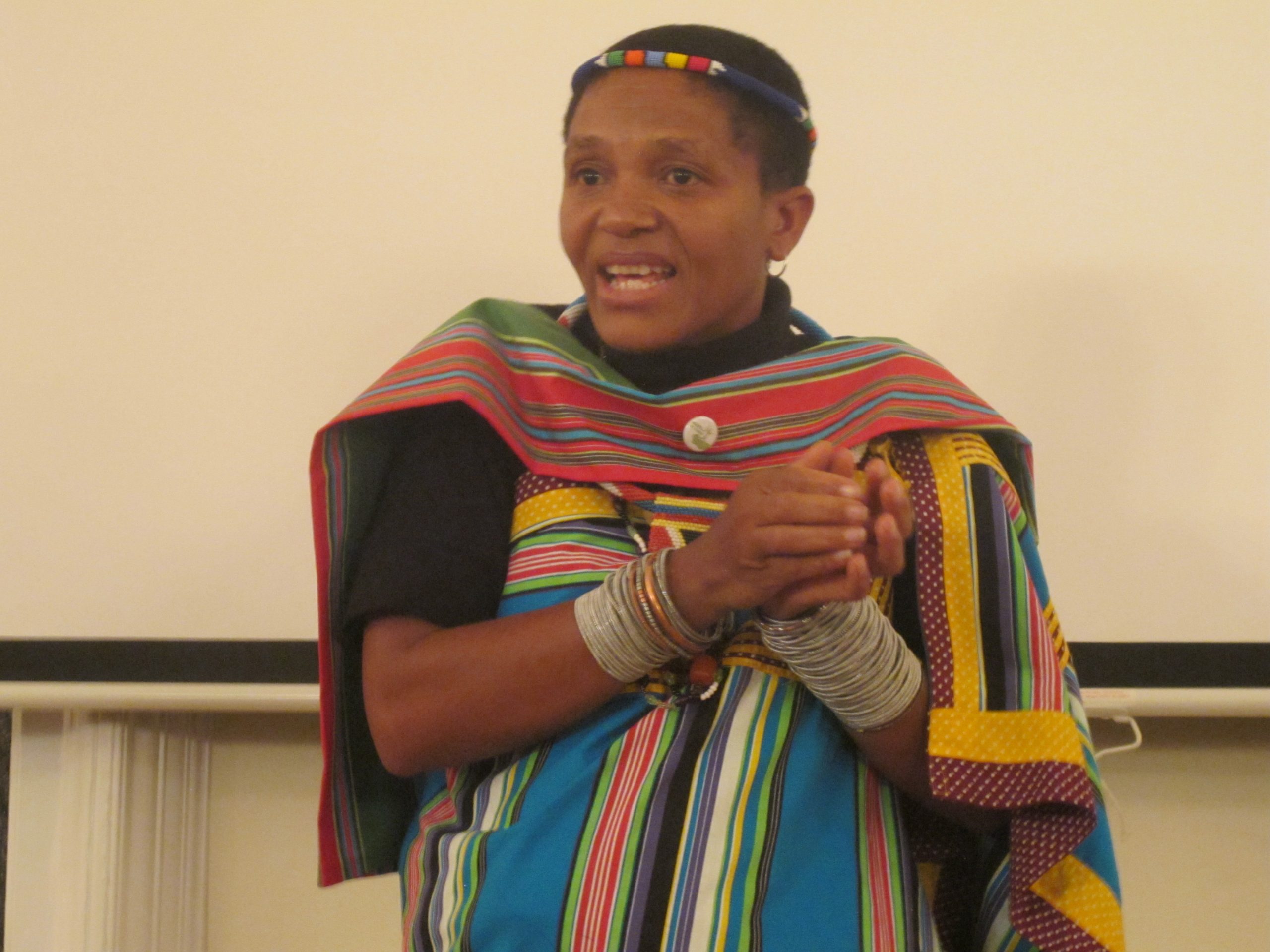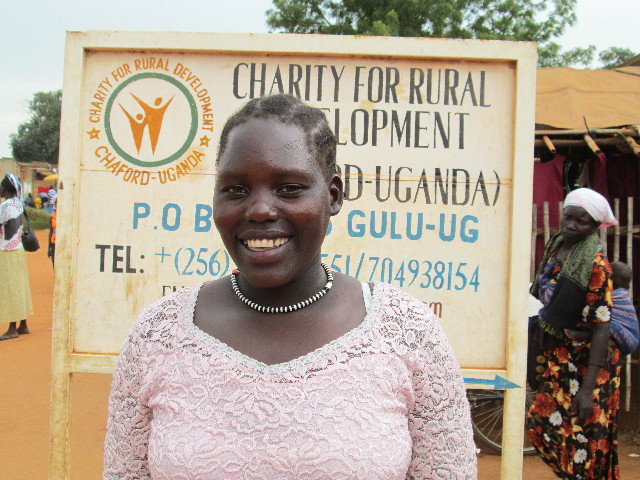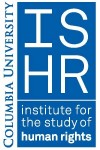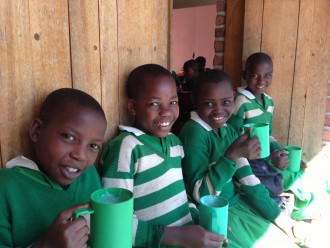
Halfway There: The Nyaka AIDS Orphan Project – “For Our Children’s Sake”
By Morag Neill, graduate student of human rights at Columbia University
___________________________________________________________________________
The hustle and bustle of the city was not forgiving on my first day in Uganda. I attempted to maneuver through Kampala’s town center searching for the shared taxi headed for Luafu stage, the minibus stop where the Nyaka AIDS Orphan Project offices were located. After an hour of confusion and with the help of both curious and kind strangers, I finally found myself at the black gates in the quiet neighborhood of Makindye. A wide-smiled lady named Barbara greeted me at the reception and handed me the guestbook to sign as I waited for my supervisor, Jennifer Nantale to emerge. As I sat there, proud of myself for finding my way to the cool offices decorated with pictures of graduating students draped in their academic garb, I had no way of knowing that the next few weeks were going to be as impactful and challenging as they turned out to...

